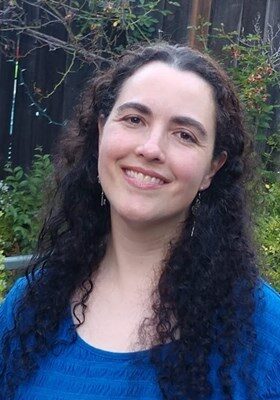Outside, in the square in front of the old Brussels Stock Exchange, a teenage girl is arguing with a pair of security guards. We’re several floors up in our hotel room, too far away to hear whether she’s yelling in French or Dutch, but her body language is unmistakable. We have our own sixteen-year-old girl, back at home.
It’s dark already, and raining, but the scene below is illuminated by streetlights, making the dark streets shine. The Christmas market is a week away, and the nearby streets are lined with enormous yellow crates that have yet to be opened. The girl gestures angrily at the guards and begins to shift from foot to foot, weaving like a boxer about to spring. She is with a small group of friends, and two of the boys grab her arms and hold her back.
The men in uniform don’t so much as flinch. The girl. She’s shouting and throwing her arms, but the boys holding her back are stronger. I’m waiting for the guards to do something—send the girl on her way, yell, put her in handcuffs, anything—but after a while they walk away, not bothering to look back.
The other kids release the girl, and she makes a menacing gesture toward the guards, then paces back and forth, ranting. Tourists passing through the Place de la Bourse with their shopping bags and umbrellas cut a wide berth around the girl and her friends. She’s wearing a gray hooded sweatshirt under a jacket, and at one point, she jerks the hood of the sweatshirt up around her face.
Downstairs, in the hotel lobby, on a bookshelf in the area set up to look like a living room, is a book called Oog in oog. When we arrived at the hotel we were so tired that it seemed like a joke. A big coffee table book, white text on a pale blue background. Later I discovered that in Dutch it means eye to eye or, perhaps, face to face.
As my husband stood at the counter, checking us into our room, I sat in the faux living room minding the suitcases and read this title again and again. The book was faced out. On the other couches, there were two young boys, looking bored, whose parents were behind my husband in line, and a woman in an evening gown and impossibly high heels waiting for her date. My eyes scanned everyone in the room and then returned to this big book with the blue cover and the white letters, trying to make sense of them.
The girl in the gray hoodie seems to have worn herself out by this point, may even be crying; it’s impossible to tell for sure at this distance, but when I look down again, two of her friends appear to be comforting her. It is still drizzling outside. The rain flicks off the streetlights making the dark streets shine.
My husband goes into the bathroom to take a shower. He is still suffering from jet lag.
The girl and her friends disappear around a corner. A woman pushing a stroller, and her companion, holding an umbrella, cross the street walking toward us and are swallowed by the mouth of the train station.
In a week’s time, this will be another world. The men hanging strings of lights up and down the street in front of the hotel will be finished. The yellow boxes will have been opened, the booths assembled, the Christmas market in place, everything gleaming and laid out for admiration or purchase. Tonight, though, it is raining in the Place de la Bourse.
My parents are probably in their kitchen right now, with breakfast assembled and ready to be cooked. Our daughter is their only grandchild, and they are attentive—indulgent, even. She is on vacation, and if she wants to sleep late, they will not disturb her.
We have just returned from dinner. In a few minutes, we will call our daughter and tell her good morning.
Back at home, the day is still beginning.

